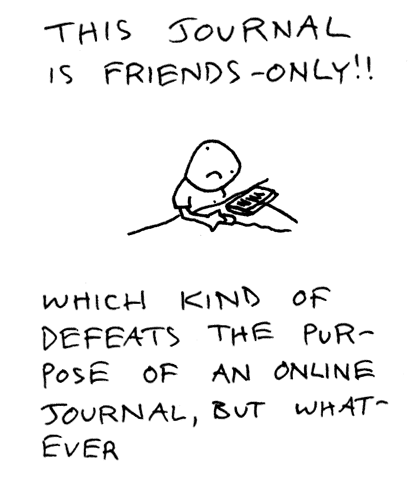
My initial general impression of Wong Kar-Wai's "Chungking Express" was that it was mediocre, and I had no idea why Quentin Tarantino thought so highly of it. It seemed slow and boring and did not genuinely affect me the way some films do. However, once it was established that Cop 223's pining and obsession was in a way cute, and that he was hopelessly lovesick and meaningful, the film started to grow on me. It is a romantic tribute to people's lives and how they change with time and experience hidden under the craziness of an action movie (provided by the blonde lady).
My favorite part of the film was the way teh second cop told his soap, his dishrag, and his teddy bear to get over it, and to start takign care of themselves. It was so lighthearted and fun I couldn't help but smile. I also loved the impressionistic aspect of the film that we discussed in class. Once i realized how connected the art movement was with the way the film was made, the real purpose of the film comes through. It is blurry and fast paced and so full of life because the characters are changing and experiencing.

